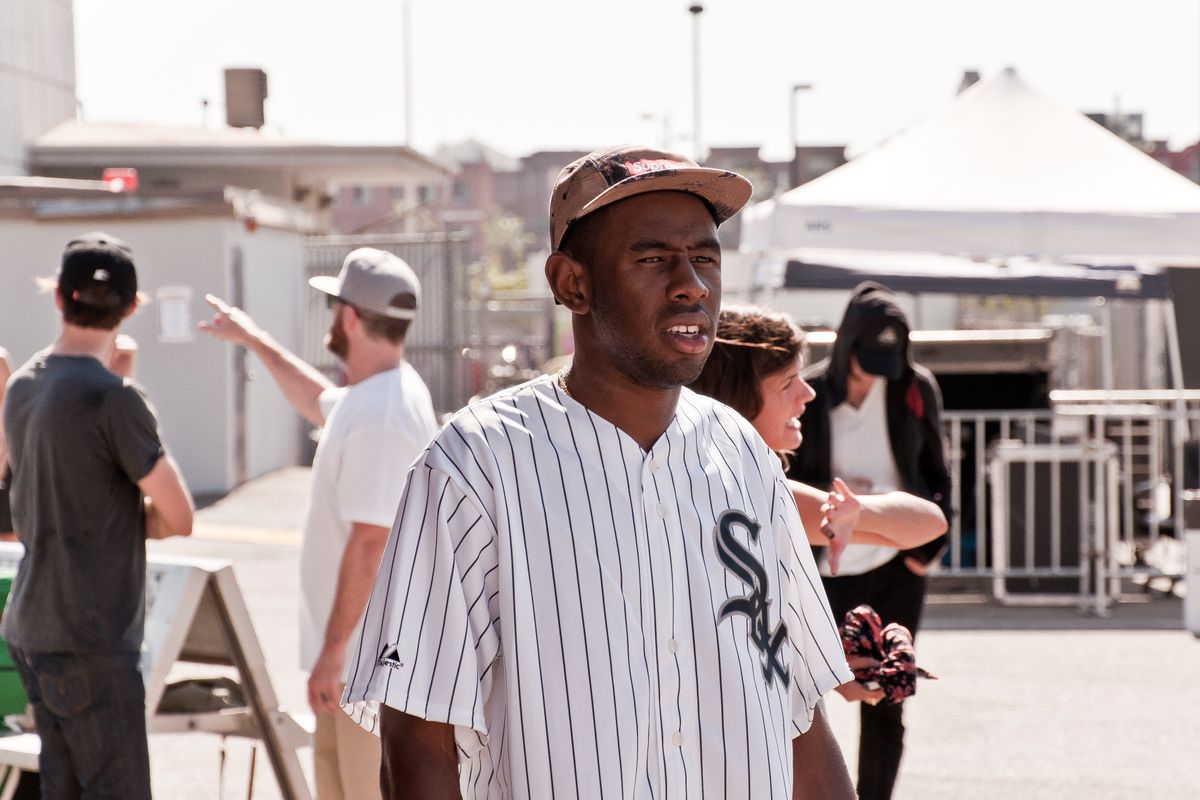Tyler the Creator. You the _____.
Before fame, his name was perhaps a proclamation to himself. But now it serves as a reminder of his passion, duty, and obligation to create.

Two weeks ago I spoke to the power of identity in my article on Emotional Stamina. I referenced James Clear’s definition of identity: repeated beingness. Saturday morning I watched Tyler the Creator’s performance at the Grammys. For those who are familiar with Tyler, it is simultaneously mind-blowing and not a surprise at all that he was asked to perform at the Grammys. It’s surprising given the type of music he was creating a decade ago, but when you consider his dedication to creation and his constant evolution as an artist, it all makes sense.
His performance is genuine and staggering. Tyler has remained firm in who he is as a person and as an artist. He has never compromised his art and it appears that he has zero plans to do so. Not only has he earned the ability to perform his song his way, but he also walked away with the Grammy for Best Rap Album.
Tyler ceaselessly creates. Tyler the Creator.
Before fame, his name was perhaps a proclamation to himself. But now it serves as a reminder of his passion, duty, and obligation to create.
What’s your identity? If you had to boil it down to one phrase, what would it be? If you had to represent your identity in one word, what would it be?
Our identity serves as a beacon. A beacon for who we’re committed to being. It serves as a reminder of what to do when we don’t feel like doing what we know is best. It reminds us to persevere even when we feel like giving up.
The power of identity even works with children. A study from the Society for Research in Child Development shares:
Four‐ and 6‐year‐old children (N = 180) were asked to complete a repetitive task for 10 min while having the option to take breaks by playing an extremely attractive video game. Six‐year‐olds persevered longer than 4‐year‐olds. Nonetheless, across both ages, children who impersonated an exemplar other—in this case a character, such as Batman—spent the most time working, followed by children who took a third‐person perspective on the self, or finally, a first‐person perspective. Alternative explanations, implications, and future research directions are discussed.
Who gives up first? The child who isn’t using the power of Batman to their advantage. Who comes in second? The child who channels the thought of Batman. And who perseveres the longest? The child who dresses up as and assumes the identity of Batman.
So what identity are you committed to? How does that identity inspire you to be and become your best?
Assume the identity of the type of person you want to act in accordance with. Follow through by acting in the way that someone with that identity would.
Tyler the Creator.
Calman the Creative Doer.
You the _____?
